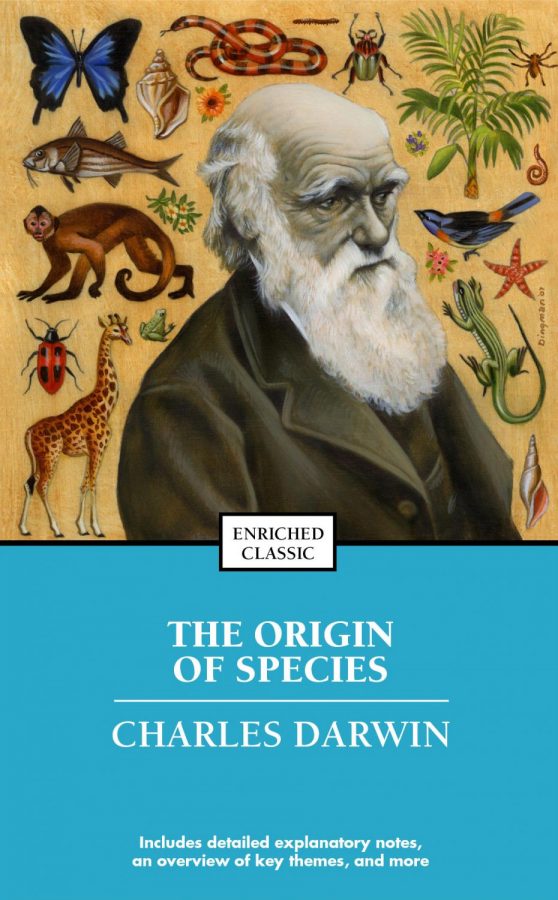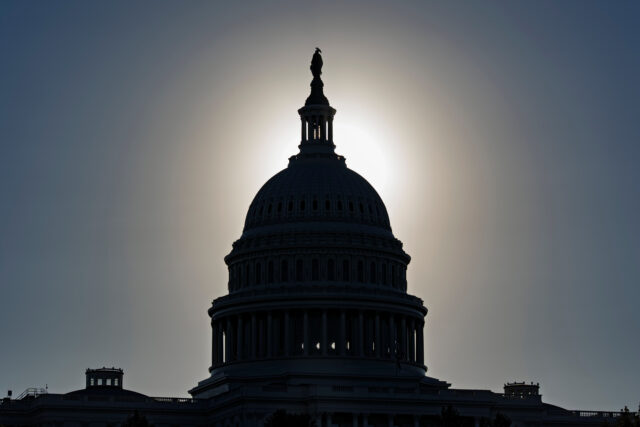Banning books violates freedom of speech, censorship is harmful
Photo courtesy of Simon and Schuster publishing
The Origin of Species is a book that is banned in the US because of how wildly outrageous it’s ideas were when it was published.
October 30, 2017
The First Amendment provides Americans with freedom of speech, so some might be surprised to learn that censorship is alive and well in the form of banning books.
Banning books started in America when Charles Darwin published The Origin Of Species Evolution in 1895. Many people felt that it inappropriately challenged Christian beliefs. Ever since then, a number of books have been banned for ridiculous reasons.
One of the most ironic of these is Fahrenheit 451 by Ray Bradbury, a book about the harm in censorship of books. It was banned for its usage of offensive language and ideas. Clearly, some people missed out on the message of the book.
Banning books should not be allowed because people have the right to say what they want and others should be allowed to read that. While banning books in America does not make them completely inaccessible, it can make them harder to obtain by keeping them out of schools, public libraries and restricting distribution.
A popular argument for banning books is that s people shouldn’t read Mein Kampf or the Communist Manifesto. By banning historical books purely for the fact that they are controversial by today’s standards, America is damned to repeat the past.People learn from the mistakes of the past and literature is one of the ways people can do that.
There’s no real reason a child shouldn’t read Charlotte’s Web, a fun book about farm animals.
Parents from Arkansas wanted the book banned because the concept of talking animals was considered “ungodly”. When a school bans a book they remove all copies from the library or do not purchase the book. That means that students who did not find the idea of talking animals ungodly would not have access to the book.
Some schools and public libraries recognize the harm in banning books and celebrate banned book week (Sept. 25- Sept.30). Usually this involves putting a spotlight on commonly banned books, discussing censorship and encouraging people to read banned books.
A better solution for this problem is for people to research the books they want to read. If it sounds like something that would offend that person they do not have to read it. As for what children read, that should be up to the child’s parent. A way to monitor what your child reads could be to have a way for parents to go into to the child’s library account and set up individualized restrictions. That way not everyone has to subscribe to the beliefs of a few parents.








